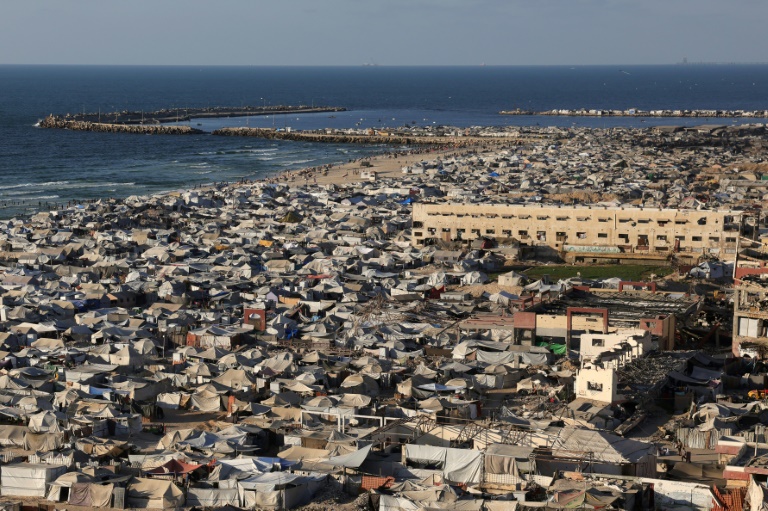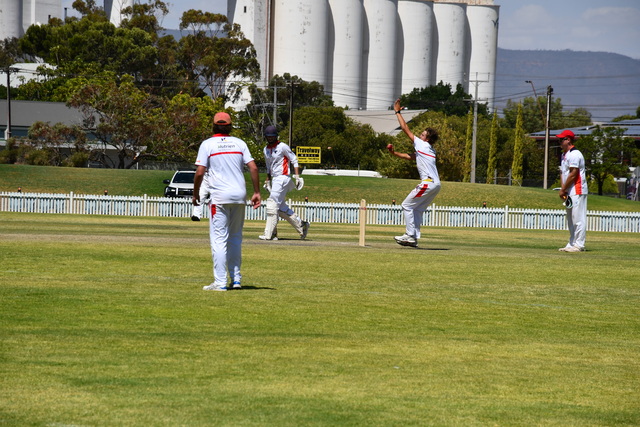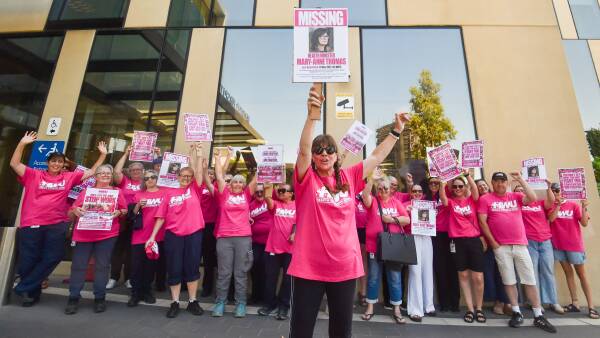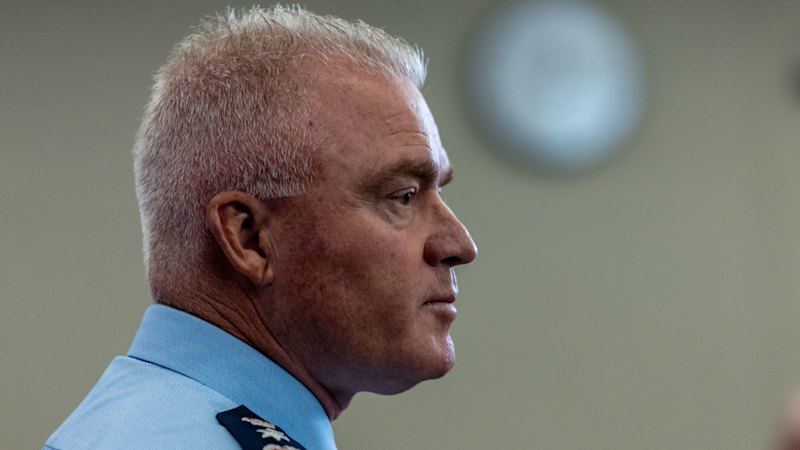
Israeli forces have significantly increased their military presence ahead of a planned offensive to capture Gaza City. As reservists respond to call-up orders, the situation intensifies nearly two years into a devastating conflict. Despite rising pressure both domestically and internationally to cease operations in the Palestinian territory, Israel is focused on seizing control of Gaza’s largest city.
Israeli military officials have stated that preparations have been underway in recent days for what they describe as “expanded combat operations.” The military’s communication emphasized the large-scale mobilization of reservists, with Defence Minister Israel Katz confirming that approximately 60,000 reservists have been authorized for deployment. Reports indicate that around 40,000 reservists are initially being called up.
The humanitarian situation in Gaza City has reached alarming levels. According to the United Nations, nearly one million people reside in Gaza City and its surrounding areas, where a famine has been declared. Many civilians are expressing feelings of despair as they anticipate the impending offensive. Amal Abdel-Aal, a resident of Gaza City living in a tent, shared her harrowing experience: “We have come to wish for death,” highlighting the dire circumstances faced by many.
In an online post, the military’s Arabic-language spokesman Avichay Adraee warned residents of Gaza City about the upcoming escalation in combat operations. He noted that enhanced services would be provided in designated humanitarian zones, but the reality on the ground contradicts this claim. In mid-August, Thameen al-Kheetan, a spokesman for the UN human rights office, reported that many in these designated areas had “little or no access to essential services,” including food and medical care.
Reports from civilians in Gaza City reveal a grim reality. Khalil al-Madhoun, a resident, expressed frustration over overcrowding in southern areas, stating he found no space to relocate despite making two attempts. The military has classified Gaza City as a “dangerous combat zone,” with Adraee stating that an evacuation of the population is “inevitable.” The International Committee of the Red Cross has warned that any attempt to evacuate the city would not be safe or dignified.
The violence has escalated dramatically, with Israeli forces reportedly killing at least 56 people on a single day, including casualties from an airstrike on a residential building. Eyewitnesses described the chaos and devastation, with one resident recounting: “We were sleeping safely in our homes and suddenly we woke up to the sound of bombing.”
International pressure on Israel to halt its offensive is mounting. The Israeli military claims its operations are aimed at dismantling Hamas, which conducted a deadly attack in October 2023, resulting in the deaths of 1,219 people, primarily civilians. Of the 251 hostages taken during that attack, 47 are still unaccounted for, with the military asserting that 25 of them are dead.
As the conflict persists, the humanitarian toll has been staggering. According to figures from the Hamas-run health ministry, Israeli retaliatory actions have resulted in the deaths of at least 63,633 Palestinians, with the majority being civilians.
In a significant diplomatic move, Belgium has announced its intention to recognize the State of Palestine at the UN General Assembly this month, joining other nations such as Australia, Canada, and France in this stance. As the situation in Gaza continues to evolve, the humanitarian crisis deepens, and the international community grapples with the implications of ongoing violence.






